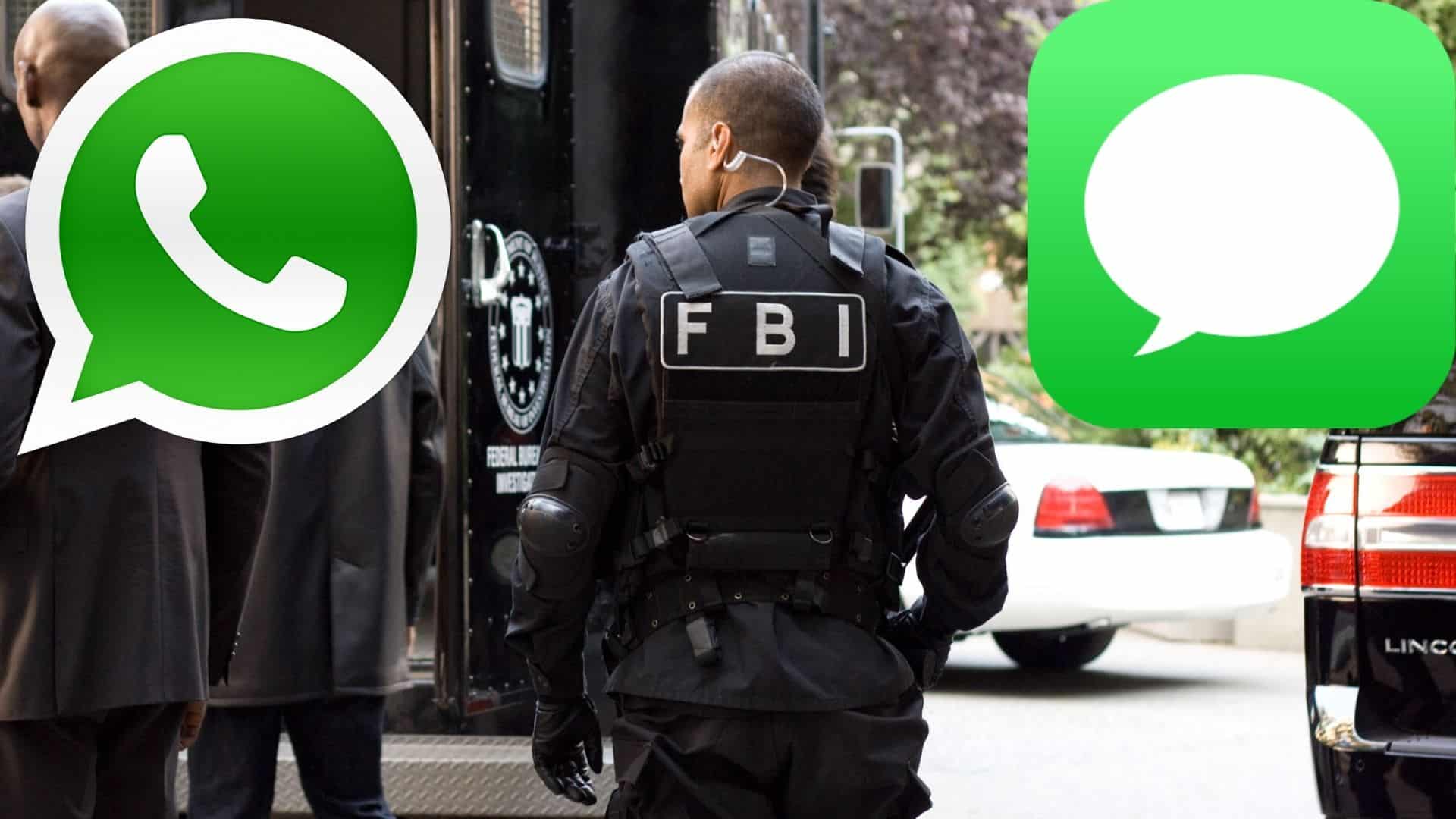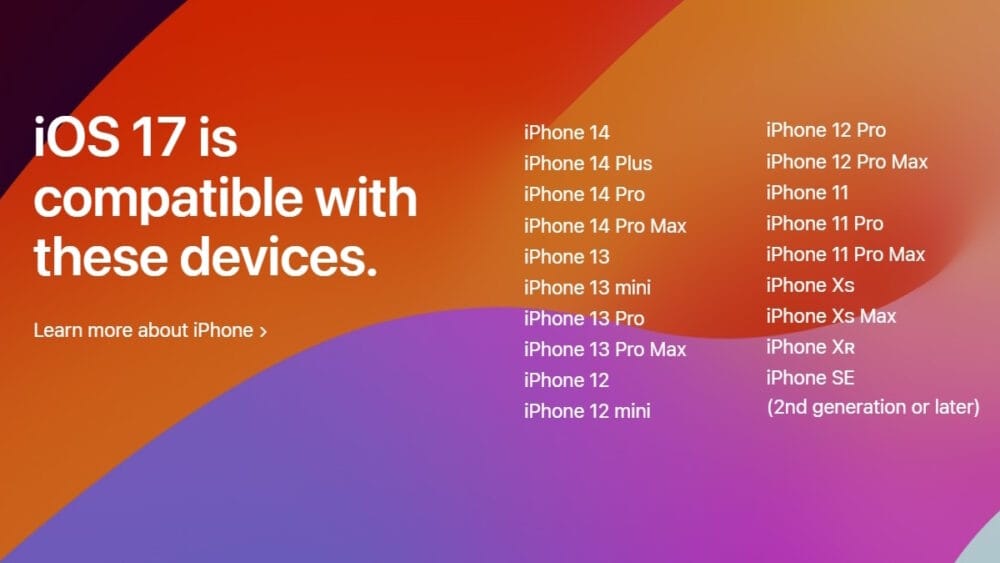The FBI has recently issued a public service announcement (PSA) to inform users of secure messaging apps about potential security risks associated with these platforms. The agency’s warning comes at a time when the use of messaging apps has become increasingly popular, with billions of people around the world relying on these apps to communicate with friends, family, and colleagues.
According to the FBI, secure messaging apps, such as WhatsApp, Facebook Messenger, and Signal, offer end-to-end encryption, which ensures that only the sender and the intended recipient can read the messages. However, the agency notes that these apps are not entirely secure and that users need to take additional steps to protect their personal data.
The FBI’s warning is based on the agency’s analysis of various security threats associated with messaging apps. The agency has identified several risks, including the use of malicious code, phishing attacks, and unauthorized access to devices. These risks can be mitigated by taking simple precautions, such as keeping software up to date, using strong passwords, and being cautious when clicking on links or downloading attachments.
To help users protect their personal data and maintain the security of their devices, the FBI has provided the following guidelines:
1. **Keep software up to date**: Regularly update your operating system, browser, and messaging apps to ensure you have the latest security patches.
2. **Use strong passwords**: Use unique and complex passwords for your messaging apps, and consider enabling two-factor authentication (2FA) to add an extra layer of security.
3. **Be cautious with links and attachments**: Avoid clicking on suspicious links or downloading attachments from unknown sources, as these can contain malicious code.
4. **Use a secure internet connection**: Avoid using public Wi-Fi or unsecured networks to access your messaging apps, as these can be vulnerable to hacking.
5. **Monitor your device for suspicious activity**: Regularly check your device for signs of unauthorized access, such as unusual login activity or unfamiliar apps.
In addition to these guidelines, the FBI recommends that users review the security settings of their messaging apps and adjust them as needed. For example, users can enable end-to-end encryption, which ensures that only the sender and the intended recipient can read the messages.
The FBI’s warning is not limited to individual users. The agency also encourages organizations to review their security policies and procedures to ensure they are taking adequate measures to protect their data. This includes implementing secure communication protocols, training employees on cybersecurity best practices, and regularly monitoring their systems for suspicious activity.
In response to the FBI’s warning, the developers of popular messaging apps have issued statements assuring users that they take the security of their platforms seriously. For example, WhatsApp has stated that it uses end-to-end encryption to protect user data and that it regularly updates its software to address security vulnerabilities.
Facebook Messenger has also issued a statement, noting that it uses a combination of encryption and other security measures to protect user data. The company has also encouraged users to report any suspicious activity to its security team.
Signal, a popular secure messaging app, has stated that it uses end-to-end encryption and that it does not collect user data. The company has also encouraged users to review its security protocols and to report any vulnerabilities to its security team.
In conclusion, the FBI’s warning to users of secure messaging apps is a timely reminder of the importance of cybersecurity in the digital age. By taking simple precautions, such as keeping software up to date and using strong passwords, users can help protect their personal data and maintain the security of their devices.


